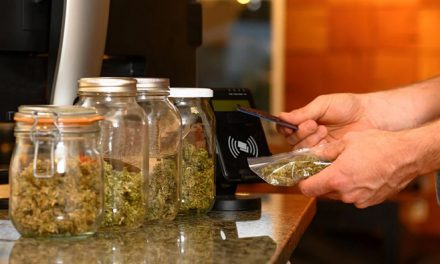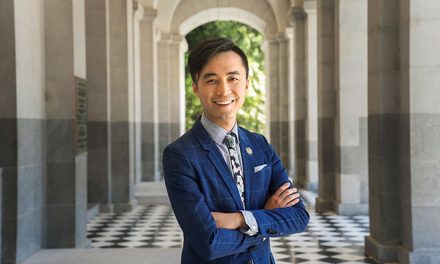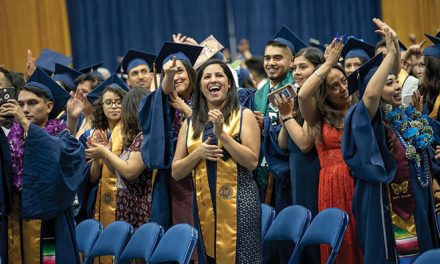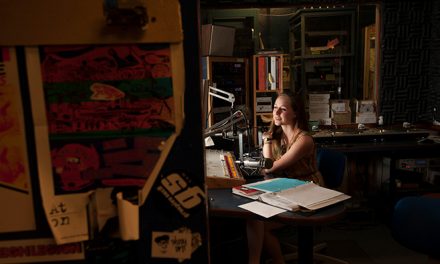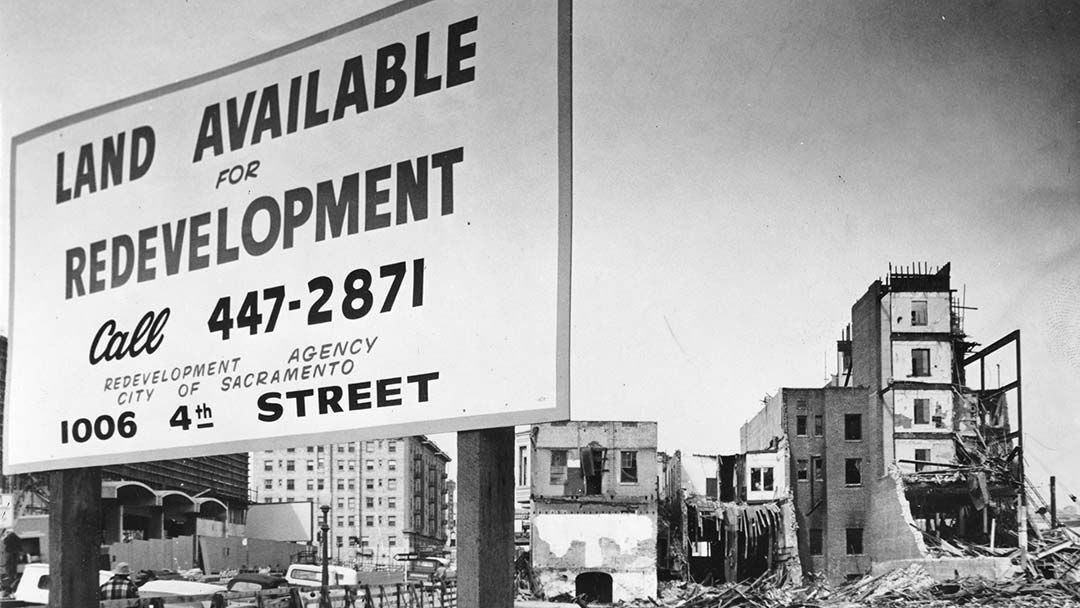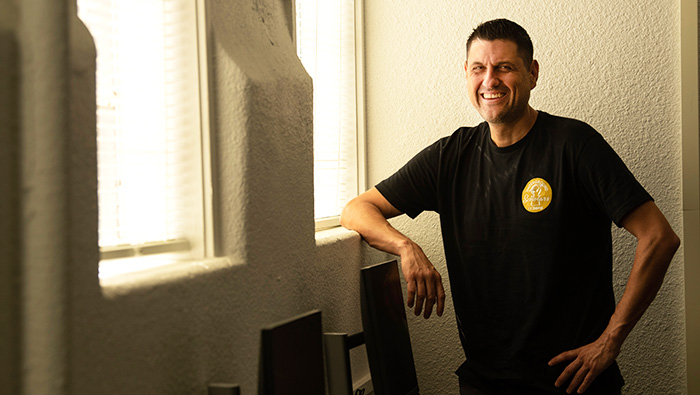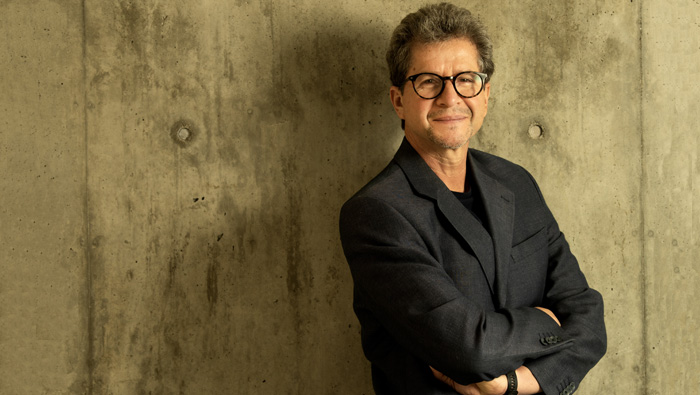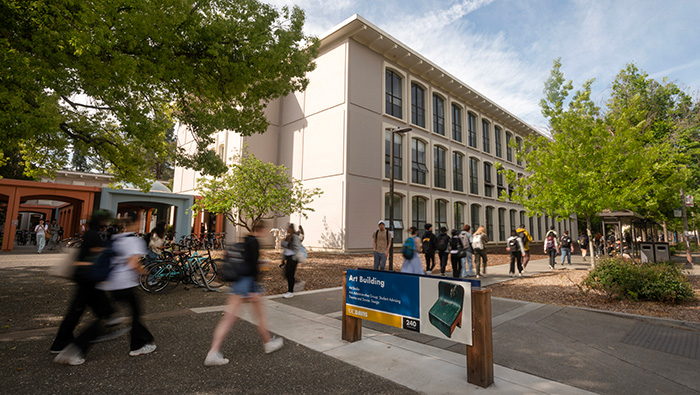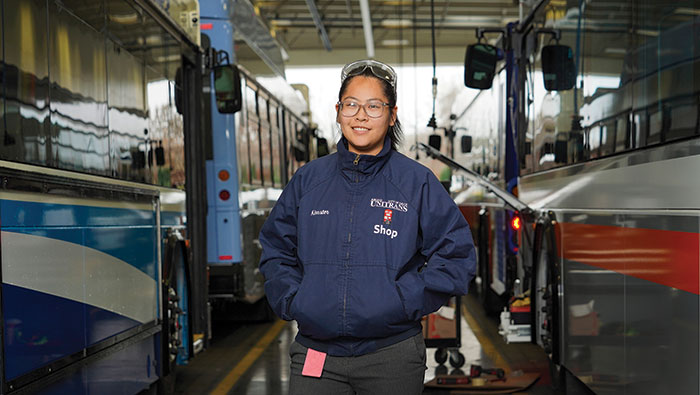
Kimmy Nguyen ’19 on location at GILLIG in Livermore.
(Karin Higgins/UC Davis)
Launch Pad
Kimmy Nguyen ’19 credits three years as a Unitrans shop assistant with helping her land what became her first career position working on the design and integration of engines, transmissions and more with bus manufacturer GILLIG of Livermore, California.
“It’s one of the things that separated me from other applicants,” said Nguyen, who majored in mechanical and aerospace engineering. “Not too many graduating seniors can say they’ve worked on a natural gas engine or pulled out a bus transmission.”
The campus is embarking on a major initiative to make career preparation, with experiential learning like Nguyen’s, accessible to all students as a matter of equity and social justice.
Through Aggie Launch, the university aims to foster opportunities so that all graduates — including those who are from low-income families, underrepresented minorities, first-generation college students and women — can experience meaningful, timely and gainful employment.
“We see this as a social justice issue,” said Marcie Kirk Holland, executive director of the Internship and Career Center.
A graduate’s first job is key to setting the pace for the rest of their career and earnings, according to a 2018 national study by the Strada Institute for the Future of Work and Burning Glass Technologies. The research found that for every three graduates who started out underemployed — in a job for which they are overqualified — two remained underemployed after five years.
Aggie Launch is UC Davis’ vision to help students start career preparation early, participate in an expanded array of experiential learning, benefit from career mentoring and graduate with a robust career plan or path to advanced studies. The initiative seeks to remove barriers to student participation — including awareness about opportunities, finances, and lack of transportation to jobs and internships.
Aggie Launch is one of the Big Ideas, flagship priorities for funding in the university’s $2 billion comprehensive campaign. Related programs and hundreds of students are already benefiting from more than $10 million in donations.
Involving a “fleet” of partners across academic and administrative units, Aggie Launch will build on existing successes, such as Aggie EVO, which provides career-building programs for student-athletes. “The real power is that coaches prioritize time for the student-athletes’ professional development — just as they do for their athletic training,” said Kirk Holland. “Our goal is to replicate that kind of focus throughout the campus.”
In recent developments:
- The Quarter at Aggie Square is integrating classroom learning and community engagement through Aggie Square, the innovation hub that broke ground in February on the Sacramento campus.
- As part of the #CaliforniansForAll College Corps announced in January (for more, see page 9), UC Davis is leading a consortium of four colleges and universities to provide paid work experience at community organizations. With special efforts to invite the participation of low-income and undocumented students, the program will include coursework and professional development workshops. About 500 UC Davis students are expected to participate over two years.
- A pilot program at UC Davis is disbursing an additional $400,000 in work-study funds this year to startups and small businesses employing students with financial need.
Citing Unitrans as a model, Kirk Holland said Aggie Launch will work to increase the mentoring and skill development offered through more than 5,000 student jobs on campus.
Aggie Launch also plans to:
- train interested faculty, staff and student leaders as Career Champions to assist students with career development and planning
- engage staff and recent alumni in groups to help students explore an area of professional interest
- expand the resources and services of the Internship and Career Center
- seek private funding to pay students participating in unpaid experiential learning

